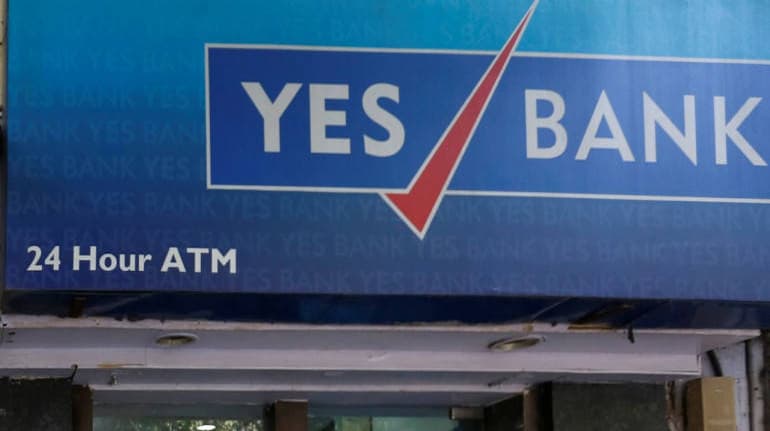



Madhuchanda DeyMoneycontrol Research
The stock price of Yes Bank tanked by over 7 percent in the past two trading sessions after the bank in its FY17 Annual Report declared a divergence of Rs 4,180 crore in gross NPA, Rs 3,320 crore in net NPA, Rs 860 crore in NPA provision and Rs 560 crore in profit between its reported and RBI Annual Financial Inspection numbers.
According to the management, of the total divergence of Rs 4,180 crore, Rs 1,040 crore is outstanding as NPA and the rest are either repaid, exited or have demonstrated improvement in behaviour. Of the outstanding NPA of Rs 1,040 crore, one large account amounts to Rs 910 crore which the bank expects to recover soon on back of M&A action.
That the picture with asset quality wasn’t as pristine as the reported financials first came to light when the bank reported its annual result on April 19, 2017. From Moneycontrol Research, we had forewarned investors not to conclude the numbers as a one-off and exercise more caution.
We had written “the first victim of RBI’s new regulations was Yes Bank. Its pristine asset quality amid the turmoil in Indian corporate lending space was always suspect. However, having managed to come clean so far, the stock has had a stellar run with significant re-rating in valuation.
The stark revelation from the earnings was classification of one account of Rs 911.5 crore as non-performing in accordance with the divergence observed by RBI. Interestingly, this divergence will now have to be highlighted for earlier years, thereby raising the possibility of more skeletons in the closet.
Now, the moot question that investors would like an answer to is what to do with the stock?
For the flamboyant Yes Bank, investors got to exercise more caution. The profitability numbers are exciting, the bank has recently raised capital (Rs 4906 crore by way of Qualified Institutional Placement) and looks set to deploy the same in earnings assets, likely to improve its share of low-cost deposits further (from the current 36 percent) and improve margins on the back of recent liquidity infusion and moving more assets to retail (minuscule share of 9.5 percent now).
However, despite being a predominantly corporate lender, asset quality so far had been remarkably resilient. But the slippage in the latest quarter on account of divergence from RBI's evaluation opens many more questions on whether this is truly a one-off or there could be several such divergences that will now have to be mandatorily disclosed.
While we acknowledge that savvy private sector entities like Yes stands to gain market share on account of the weak position of public sector banks, the stock of Yes Bank can be looked at on a meaningful correction. Or else, investors got to wait out for a quarter to be reassured that there is no more skeletons in the closet.
What should investors now do after the revelation?
Ever since the bank announced its quarterly numbers the stock has fallen by 7.6 percent against a 3.3 percent gains in the Nifty – underperformance of close to 10.9 percent. The pre-earnings valuation of the bank that was 3.1X FY18 adjusted book that now stands at 2.8X FY18 adjusted book. A correction of close to 5 percent from hereon will clearly bring the stock to a zone of meaningful value and any correction above 10 percent will make valuation extremely attractive as the multiple would have factored most of the disclosure related concerns.
The stock had a one-way run in the last financial year. Investors can capitalise on the disclosure related gyrations in stock prices in FY18 to gradually accumulate the highly competitive private entity for the medium to long term.
Discover the latest Business News, Sensex, and Nifty updates. Obtain Personal Finance insights, tax queries, and expert opinions on Moneycontrol or download the Moneycontrol App to stay updated!
Find the best of Al News in one place, specially curated for you every weekend.
Stay on top of the latest tech trends and biggest startup news.